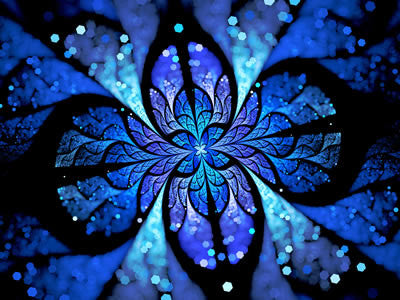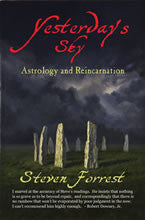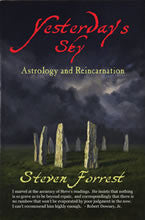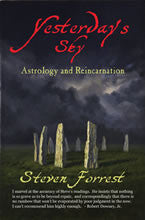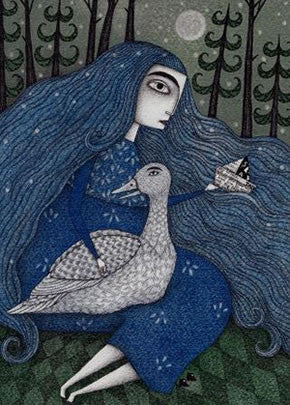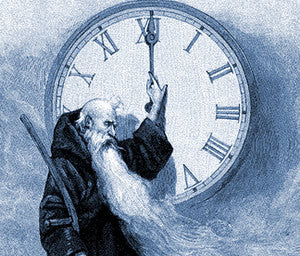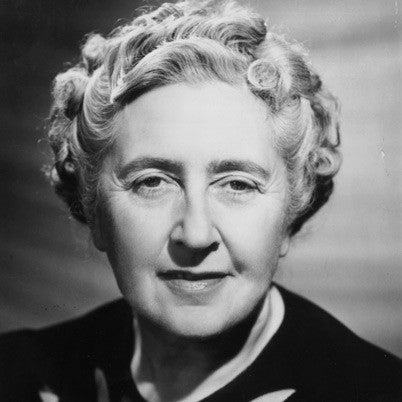Blog
May 2013 Newsletter - The Boston Bombings
by Tony Howard
I’m writing you from the always beautiful Pacific NW, which is in the peak of Spring, abundant with green, awash in flowers, the air scented with lilacs. And lots of sun! Almost paradise… But kind of like the neighborhood I live in, it’s complicated to take in the beauty and be fully present to it with all of the simultaneous complexity going on in the world. The Uranus+Pluto square is still in full swing, and we’ll continue to get reminders of that until the orb between these two intense planetary bodies starts to widen.
I’d like to share a blog-style entry with you this time, rather than a cohesive work of writing, as a way to facilitate the beginning of a healing process. Take these words as food for further thought. Follow the trails that interest you. And let the rest go.
Is the Ascendant More Than Just a Mask?
When I was a kid getting interested in astrology, I quickly learned that the Ascendant was a big piece of the puzzle. But what did it mean? The more I read, the more I heard astrologers rolling the drums and blowing the trumpets for it . . . but I still didn’t get it. The Ascendant is “your identity.” It is “your ego.” It is superficial; it is more important than your Sun Sign. The more I read, the more confused I became.
I decided I needed to figure it out for myself. I began by thinking about it physically. The Ascendant is the sign that was rising in the east when you were born. It was “dawning,” just like the Sun dawns in the morning. And it then came to me in a flash: the Ascendant represents how you “dawn on people.” It is your style, your affect, the way you present yourself to the social world.
Yesterday’s Sky Chapitre Deux
Yesterday's Sky French Translation
CHAPITRE DEUX:
POURQUOI CROIRE EN LA REINCARNATION
Si les voix joyeuses d’un millier de cochons célestes s’élevaient à l’unisson pour entonner un Alleluia, ne serait-ce pas là un événement mémorable ? Oui, assurément, mais personne n’y croit. Si tous les hommes politiques étaient honnêtes, si le système juridique était toujours juste, si le pétrole était aussi bon marché qu’en 1957…
On pourrait allonger indéfiniment cette liste de vœux pieux. Tous éminemment souhaitables, mais parfaitement improbables.
La réincarnation, d’une certaine manière, est une notion du même genre. Le concept sonne agréablement, mais ce seul fait ne le rend pas forcément vrai pour autant. Les avantages de « revenir » sont évidents. Pour commencer, personne ne meurt vraiment, et hop, voici une inquiétude qui disparaît ! Deuxièmement, on n’est pas obligé de tout bien faire dans cette vie. On a le temps. Et troisièmement, justice est toujours rendue : le gamin qui vous a piqué votre vélo se fera voler le sien un de ces jours, ainsi qu’il le mérite. L’immortalité, une seconde chance, et la justice : voilà un assortiment plutôt sympathique.
Yesterday’s Sky Chapitre Un
Yesterday's Sky French Translation
CHAPITRE UN :
TOUT DANS UN THEME EST KARMIQUE
Peut-être avons-nous déjà vécu de nombreuses vies, comme l’enseignent les bouddhistes et les druides, et peut-être pas.
Comme aucune de ces deux croyances ne peut être réfutée ou prouvée de façon définitive, je doute qu'il soit possible de trancher la question par un raisonnement intellectuel. Dans le prochain chapitre, nous verrons que les preuves objectives de l’existence de la réincarnation sont convaincantes. Néanmoins, la question appartient, pour partie du moins, au domaine de la foi ou de l’expérience intuitive directe. Nous ne pouvons pas connaître nos vies passées, tout du moins pas de la manière dont nous savons que deux et deux font quatre.
Yesterday’s Sky French Translation
Mercury Retrograde in Pisces
As I write this, we've already been fully initiated into the current Mercury retrograde cycle, which began on February 23, 2013. And something tells me you've noticed this one, even if you weren't forewarned.
That's because this Mercury retrograde cycle has an especially discombobulated quality since it's taking place in the sign of dreamy, subjective Pisces. When adrift in the sea of Pisces, Mercury isn't transmitting from its clearest channel. This isn't to say that Mercury in Pisces is "bad." Every planet/sign combination has a divine reason and place. But some combinations are certainly less complicated than others.
Getting the Most from Your Saturn Return and Neptune in Pisces
by Steven Forrest
Saturn is the planet that helps us grow up. Failing that, it just helps us get old. Neptune is our guide when it comes to the most bedrock issue of all—what we take with us out of this world, and that boils down to consciousness itself. “Wisdom” might be a good word for it, although that has nothing to do with passing any posthumous “multiple choice tests.” Neptune is that depth you see in some people’s eyes. Saturn is the quality of maturity. Both of them are constantly moving around everyone’s chart, stepping into the spotlight and back out of it. We grow with them in pulses.
Murder, Passion and Squares to the Nodes: Agatha Christie
by Steven Forrest
Birth Data Rodden Rating: A
Agatha Christie b. September 15, 1890, 4:00 AM-GMT Torquay, England
Four billion copies of her books are in print. She is often described as the best-selling author in history. Her play, The Mousetrap, is the longest continuously running one in the world, having opened in London on November 25, 1952, and still going strong as of this writing.
But it is for her murder mysteries that Agatha Christie is best known. Her work practically defined the genre that Arthur Conan Doyle launched. Her vain Belgian detective, Hercule Poirot, with his waxed mustache and his brilliant deductions, humanized the infallible “Sherlock Holmes” archetype. Poirot is the only fictional character ever to be given an obituary in The New York Times, after Christie killed him off in her 1975 novel, Curtain—such was the popularity of her work at the time. Her delightful Miss Marple, at least as brilliant as Hercule and a lot more charming, made it safe for older, middle-class ladies on both sides of the Atlantic to have a devilish streak and a gleam in their eyes.
Reading Agatha Christie’s mysteries today, one might be excused for thinking that they are riddled with clichés—until we realize that she originated most of them! Arguably, there is not a mystery writer today who does not owe her an enormous debt.
So who was this mystery woman?
January 2013 Newsletter - A New Year
By Steven Forrest
Bono and the boys sang, “Nothing changes on New Year’s Day” and that’s usually about right. There is nothing astrologically significant about the first day of January. Calling January 1st “the beginning of the year” is a Roman invention without any real basis in any natural cycle. The only astrological argument for it is that the date lies close to the northern Winter Solstice, which falls at the end of the third week of December. That Solstice—the longest night of the year—could naturally be a candidate for a true nature-based New Year’s since it marks the beginning of the return of the light. But the day we celebrate is off by ten days, and there are other equally compelling calendrical possibilities.
Of course if you are an Australian, even that is all backwards. For the Aussies, that bright summer day in December marks the outset of a descent into darkness, and who would want to celebrate that day as a new beginning?


